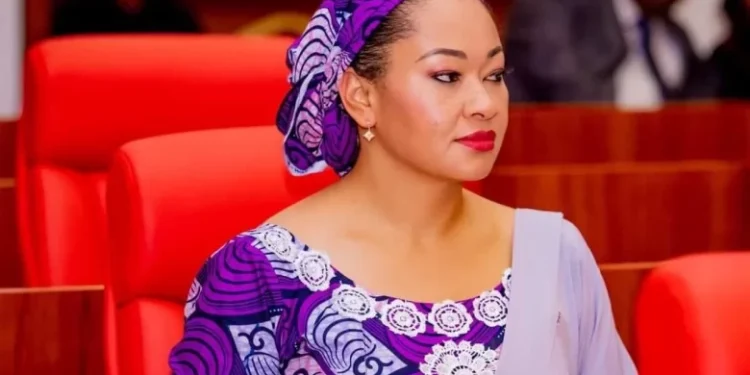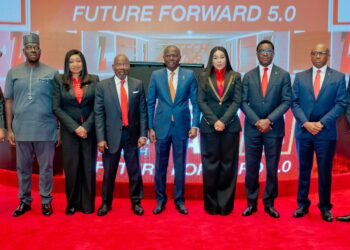The absence of a Federal High Court judge has stalled the hearing of a preliminary objection filed by Senator Natasha Akpoti’s legal team against a cybercrime charge brought against her by the Federal Government.
The case has now been adjourned to February 4, 2026.
Recall that the matter had earlier been adjourned to November 24 for hearing.
However, upon arrival at the court on Monday, Nairametrics observed that the date was rescheduled as Justice Mohammed Umar did not sit in the morning.
Legal Dispute
In the six-count charge earlier reported by Nairametrics, Akpoti is accused of violating the Cybercrimes (Prohibition, Prevention, etc.) (Amendment) Act, 2024 when she allegedly made comments targeting the reputation of the Senate President, Godswill Akpabio, and former Kogi State Governor, Yahaya Bello.
The lawmaker was accused of intentionally causing certain threats to be transmitted via a computer system and network, which could harm the reputation of Senator Godswill Obot Akpabio, as President of the Senate of the Federal Republic of Nigeria.
“You thereby committed an offence contrary to Section 24(2)(c) of the Cybercrimes (Prohibition, Prevention, etc.) (Amendment) Act, 2024, and punishable under the same section of the Act,” the charge partly reads.
The Office of the Attorney General of the Federation (AGF) further alleged that the act was contrary to Section 24(1)(b) of the same law and punishable under the corresponding provision.
Akpoti has pleaded not guilty to the charge, paving the way for trial.
Backstory
At the last two proceedings, Justice Umar adjourned the case following the filing of a preliminary objection, holding that the AGF must respond formally before the trial could commence.
Akpoti’s counsel, Ehiogie West-Idahosa, SAN, argued that it would be improper for the prosecution to open its case before the objection is resolved. He explained that the objection challenges the court’s jurisdiction, stressing that it was not about the substance of the charge but about an alleged abuse of prosecutorial powers by the AGF.
Conversely, D.E. Kaswe, an Assistant Director in the Department of Public Prosecutions at the OAGF, argued that the preliminary objection should not be allowed to stall the proceedings.
However, Justice Umar ruled that the prosecution must first file a formal (as opposed to oral) response, emphasizing that the objection must be determined before any further steps are taken in the matter, in line with relevant laws.
This high-profile case highlights the Federal Government’s increasing reliance on the Cybercrime Act in legal enforcement—a law that several stakeholders have described as a potential tool for suppressing dissent and stifling press freedom.
























